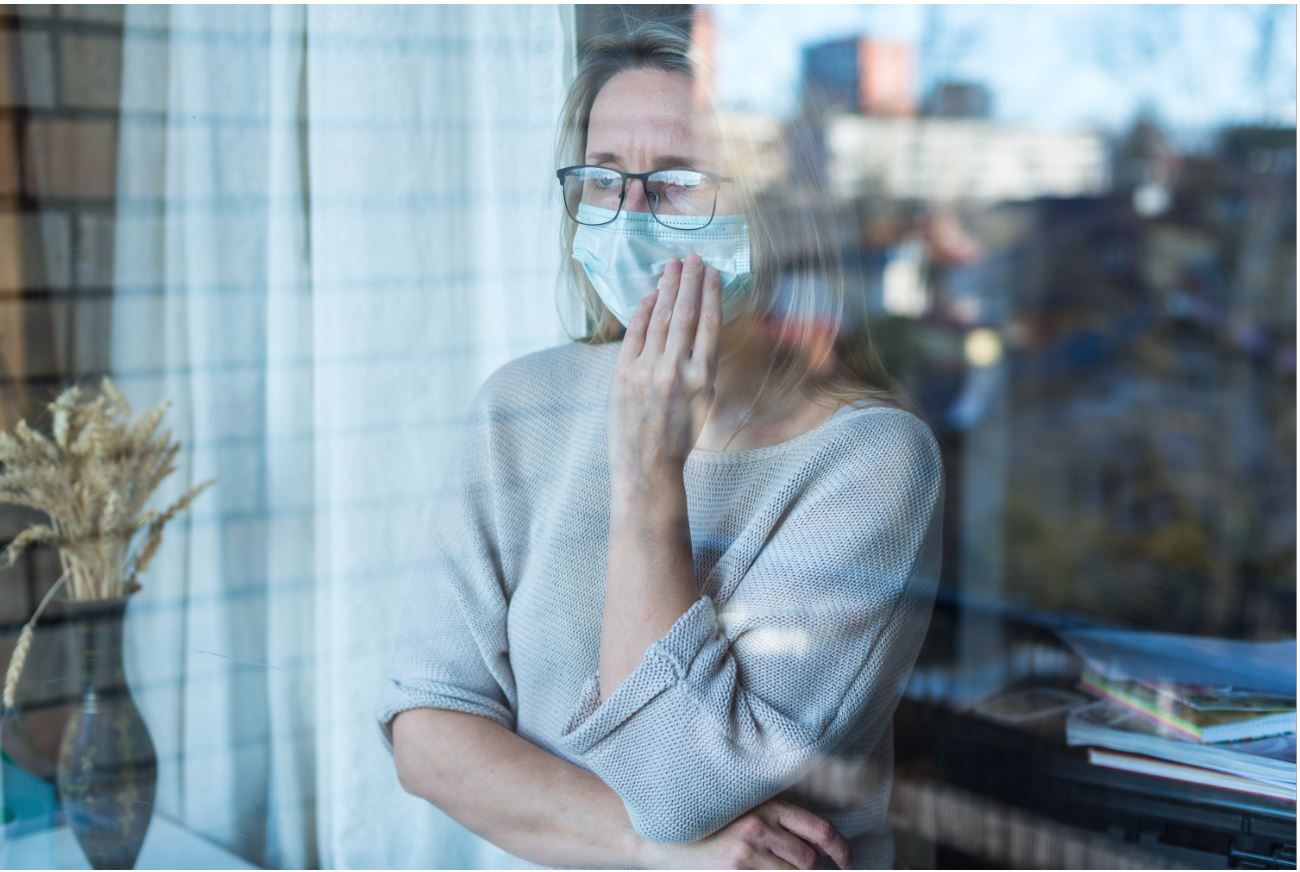- Clinical Technology
- Adult Immunization
- Hepatology
- Pediatric Immunization
- Screening
- Psychiatry
- Allergy
- Women's Health
- Cardiology
- Pediatrics
- Dermatology
- Endocrinology
- Pain Management
- Gastroenterology
- Infectious Disease
- Obesity Medicine
- Rheumatology
- Nephrology
- Neurology
- Pulmonology
CDC: Persons with COVID-19, Flu, RSV, Other Respiratory Viruses No Longer Have to Isolate for 5 Days
The updated guidelines reflect the progress made in protecting against severe illness from COVID-19, said CDC Director Mandy Cohen, MD, MPH.

Individuals with respiratory viruses such as COVID-19, influenza, and respiratory syncytial virus (RSV) no longer have to isolate for 5 days if they are showing signs of improvement, according to updated guidance released by the US Centers for Disease Control and Prevention (CDC).1
In the updated guidelines, the CDC recommends that persons with a respiratory virus should stay home and away from other individuals but can resume normal activities if, for at least 24 hours, their symptoms have been improving and any fever that was present has been gone without the use of fever-reducing medication.1
“Today’s announcement reflects the progress we have made in protecting against severe illness from COVID-19,” said CDC Director Mandy Cohen, MD, MPH, in a March 1, 2024, agency press release. “However, we still must use the commonsense solutions we know work to protect ourselves and others from serious illness from respiratory viruses—this includes vaccination, treatment, and staying home when we get sick.”2
Once individuals return to their normal activities, the guidance recommends they take additional prevention strategies for the next 5 days to reduce disease transmission, such as taking more steps for cleaner air, enhancing hygiene practices, wearing a well-fitted mask, social distancing from others, and/or getting tested respiratory viruses.1
In addition, the updated guidance includes specific sections with additional considerations for persons with certain risk factors for severe illness, including adults aged 65 years and older, young children, individuals with disabilities, pregnant women, and persons with weakened immune systems.1
“The bottom line is that when people follow these actionable recommendations to avoid getting sick, and to protect themselves and others if they do get sick, it will help limit the spread of respiratory viruses, and that will mean fewer people who experience severe illness,” said Demetre Daskalakis, MD, MPH, director of the CDC’s National Center for Immunization and Respiratory Diseases, in the statement. “That includes taking enhanced precautions that can help protect people who are at higher risk for getting seriously ill.”2
References:
- Respiratory virus guidance. Centers for Disease Control and Prevention Web site. https://www.cdc.gov/respiratory-viruses/guidance/respiratory-virus-guidance.html. Updated March 1, 2024. Accessed March 5, 2024.
- CDC updates and simplifies respiratory virus recommendations. News release. Centers for Disease Control and Prevention. March 1, 2024. Accessed March 5, 2024. https://www.cdc.gov/media/releases/2024/p0301-respiratory-virus.html
